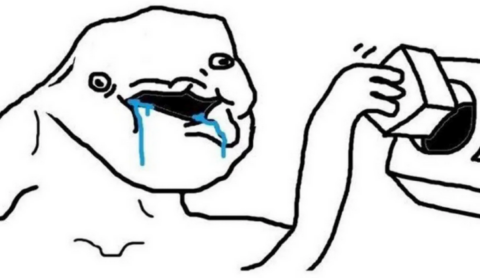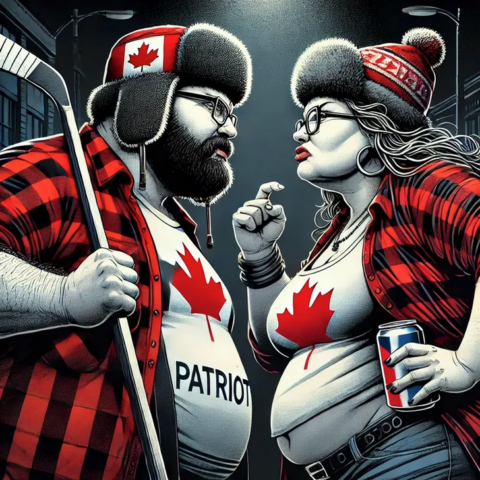David Friedman posted this a couple of days ago, considering what President Trump’s real goals may be in the Russo-Ukraine conflict:
There are two possible interpretations of Trump’s policy. The pessimistic one is that he plans to give Putin what he wants, force Zelensky to accept peace terms that give Russia substantial amounts of Ukrainian territory and leave Ukraine disarmed and defenseless against future Russian demands. On that theory the clash with Zelensky was a pre-planned drama intended to provide an excuse for the US withdrawing support, make it less obvious that Trump now supports Putin. As of Monday that looked like a plausible reading of the situation.
The optimistic reading was that Trump wanted to force an end to the war on compromise terms, use the withdrawal of support to force Zelensky to agree. Tuesday’s news, Zelensky agreeing to a proposed cease fire and Trump responding by resuming US support for Ukraine, is evidence for that reading. The ball is now in Putin’s court. If he rejects the proposal Trump will be under pressure to continue, perhaps even increase, US support. That is a reason for him not to reject the proposal. My guess is that Putin will agree to a temporary cease fire, at least in principle, although he may haggle over details, try to push for a version more favorable to him.
What Trump wants, on the optimistic interpretation, which I now find likely, is to end the war. To do that he needs to find terms that both sides will accept. Zelensky will not accept terms that amount to surrender — even if the US abandons him, he has the option of continuing the war with increased support from the European powers, now moving to rearm. If they are sufficiently committed to Ukraine or sufficiently annoyed at the US they should be able to replace most, although not all, of what the US has been providing, if necessary with munitions purchased from the US; it is hard to imagine even Trump forbidding US arms manufacturers from selling to allies. Ukraine would be worse off than continuing the war with US support but, if Russia is willing to agree to terms Trump approves of and Ukraine is not, that will not be an option.
Putin was, despite American support for Ukraine under the previous administration, winning, although very slowly and at considerable cost. Unless Trump is willing to respond to Russian rejection of his peace plan by greatly increasing US support, which I think unlikely — no boots on the ground nor wings in the air — Putin has the option of returning to that, so will not accept anything much less. That suggests that the most likely terms amount to an extended cease fire. Ukraine does not disarm, Russia does not withdraw from territory it is occupying. Both sides stop blowing things up on territory controlled by the other, stop shooting at each other.
Judged by territorial control that is a win for Russia, since it ends up controlling most of what it wanted, the parts of Ukraine occupied by Russian speakers plus the areas that can block the water supply into Crimea, with Ukraine even further from recovering Crimea than before. That might be enough to let Putin present it to his population has a victory sufficient to justify the decision to invade Ukraine.
Seen from the outside, it would be an expensive victory, which might be enough to deter future adventurism or a renewal of the war. To get it, Russia has consumed a large part of the store of military equipment inherited from the Soviet Union, making it less formidable in any future conflict with Ukraine or anyone else. Worse still, the war has driven two neutral powers, both militarily substantial and one of them on the Russian border, into joining NATO. And between Putin and Trump they may have pushed the European powers into finally rearming. The population of the European NATO members is several times that of Russia, their economies as well:
“It’s striking but it’s true. Right now, 500 million Europeans are begging 300 million Americans for protection from 140 million Russians who have been unable to overcome 50 million Ukrainians for three years.” (Donald Tusk, prime minister of Poland)
What would be the effect of an extended pause in the war on the balance of power between Russia and Ukraine, the prospects for a renewed conflict? Both Russia and Ukraine will be able to rebuild what the war has destroyed; that will be a bigger benefit for Ukraine, since it has lost much more. One of Russia’s advantages in the war was that it not only had more munitions, it could build more, could fire far more shells at Ukrainian forces than Ukraine could fire back. An extended pause will give Ukraine and its allies time to build the factories they need. It will give states not involved in the war, such as South Korea and India, time to build up supplies of armaments and ammunition some of which can be sold to Ukraine when and if the pause ends. It will give US arms firms time to expand for a world where there is increased demand for what they produce.
If the European powers go through with their current talk of greatly increased military expenditure and continue to back Ukraine, there will be much more money bidding for arms on behalf of Ukraine than on behalf of Russia. That could shift the balance when and if the war resumes.











